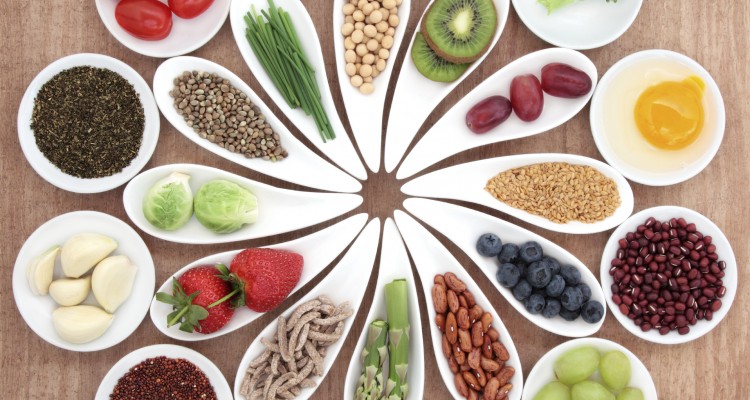There can be a number of reasons for lacklustre, dull or thinning hair, including a genetic predisposition, certain lifestyle factors, some autoimmune conditions and even stress.
For all of us, it’s perfectly natural to lose between fifty and one-hundred hairs everyday.
But placing a focus on eating a healthy, varied and balanced diet full of fresh, whole foods, making positive lifestyle choices and managing stress levels can help to boost overall health, and is a good place to start when it comes to looking after your hair.
Paying attention to the nutrients and foods going into your body is one of the first steps to take for supporting healthy hair growth.
Say No To Crash Diets
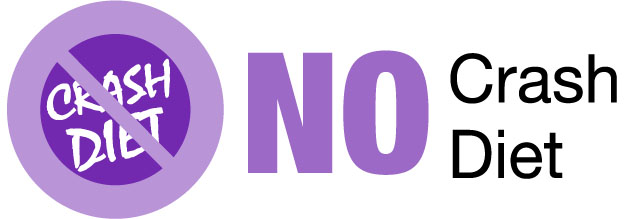
Avoiding fasting and yo-yo dieting is so important, as it helps to avoid developing nutritional deficiencies that may contribute to thinning hair.
Low-calorie diets tend to lack essential nutrients including zinc, iron, biotin, omega-3 fats and vitamin A, and may actually cause hair loss. Crash diets that cause you to lose weight very quickly can also affect your hair growth cycle, with abnormal amounts of hair shedding only becoming obvious a few months later. A well-balanced diet with sufficient calories should help to improve the situation. But always talk to your GP if you’re concerned about unusual hair loss or potential nutrient deficiencies, as a simple blood test can reveal many possible issues.
Vitamins and Minerals For Hair
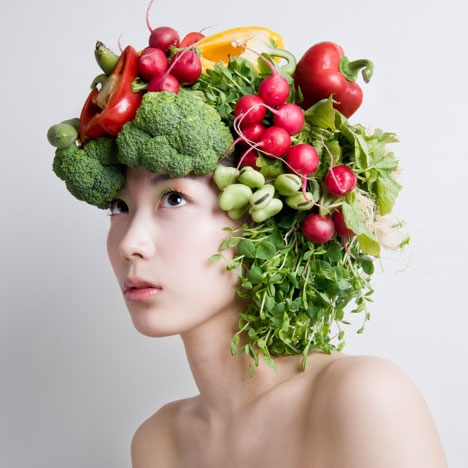
There are a number of essential nutrients we need to eat regularly for strong, shiny and thick hair growth:
Zinc
Zinc is so important for building strong healthy hair, while iron is a mineral needed to help prevent hair loss. It’s particularly important because along with folic acid, it helps to transport oxygen in red blood cells to our hair follicles which speeds up and improves hair growth. Good blood circulation to our scalp means quicker cell renewal and stronger hair.
The best plant sources of zinc are legumes, nuts, seeds, and oatmeal. For meat eaters, red meat, poultry, crab and lobster all contain the mineral.
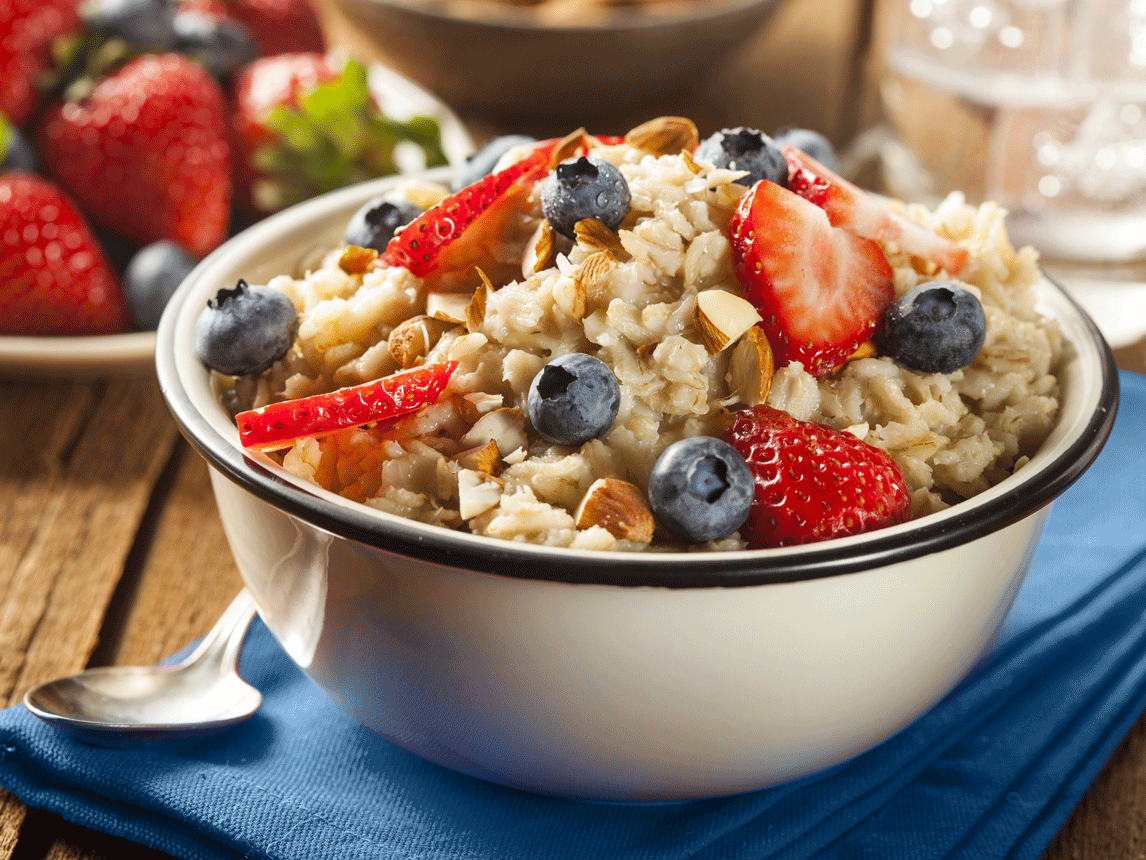
Biotin
Biotin is part of the B-complex vitamins, and is an essential nutrient for improving the strength of hair, increasing hair growth and preventing us from producing fine, dry and easily broken hair. Good food sources of biotin include whole grains and whole-grain products, and nuts such as almonds, peanuts, pecans and walnuts.
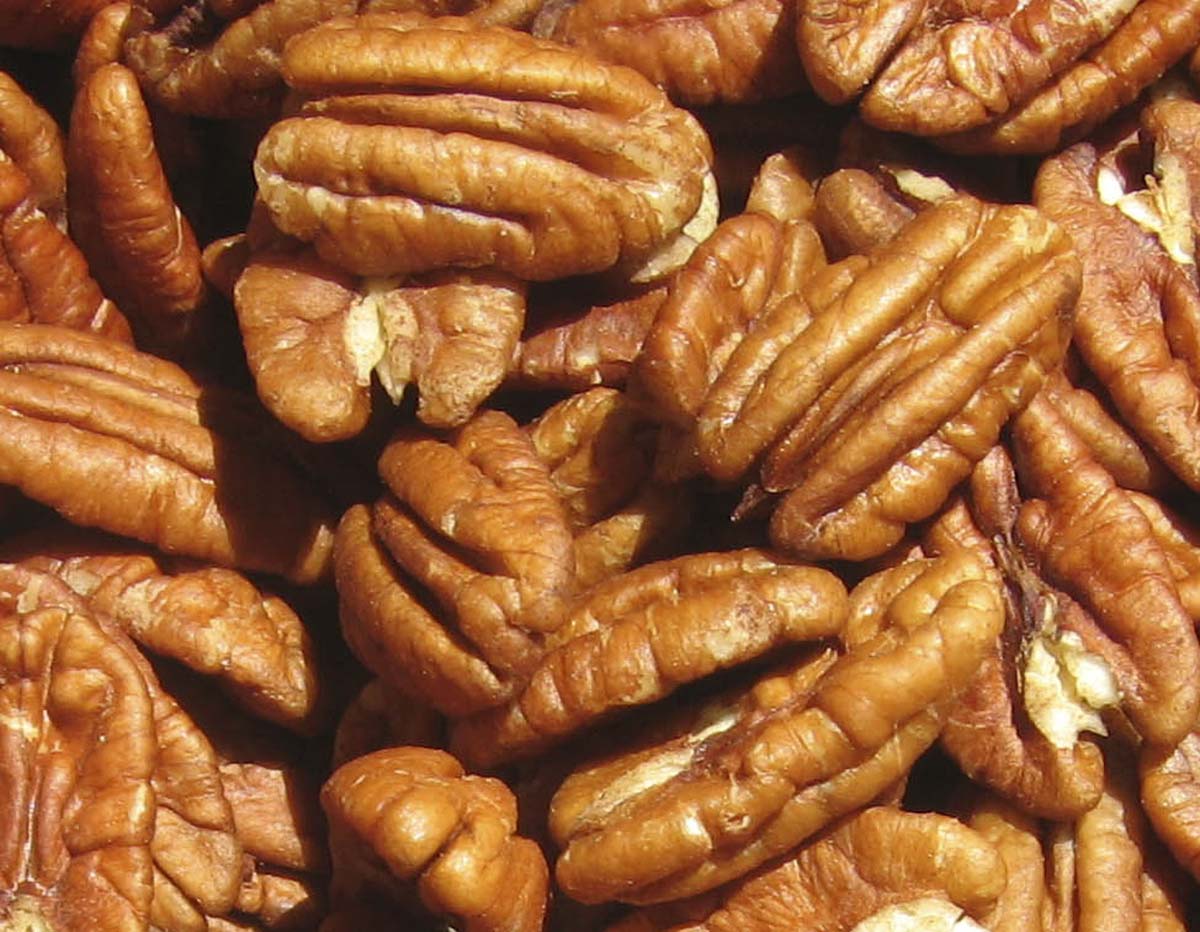
Vitamin C
Vitamin C helps to produce the natural oil called sebum, produced by our hair follicles to nourish our scalp and naturally condition our hair. Foods high in vitamins C include red bell peppers, cabbage, kale, spinach, citrus fruits, strawberries and kiwis.
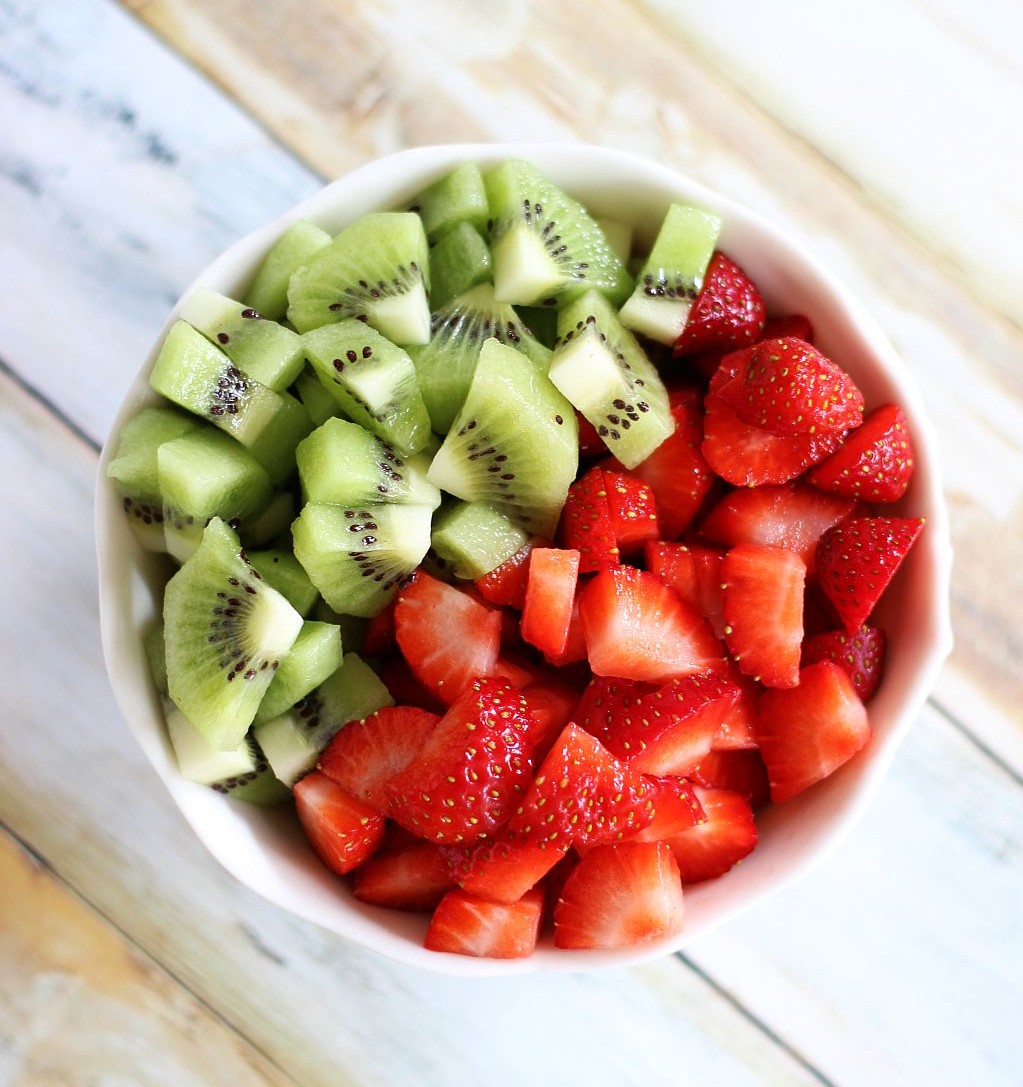
Vitamin A
Vitamin A enables growth, protection and renewal of our cells, and nourishes our scalp. Good food sources include butternut squash, spinach, kale, apricots, carrots and sweet potato as they contain beta-carotene, which converts to vitamin A in the body.
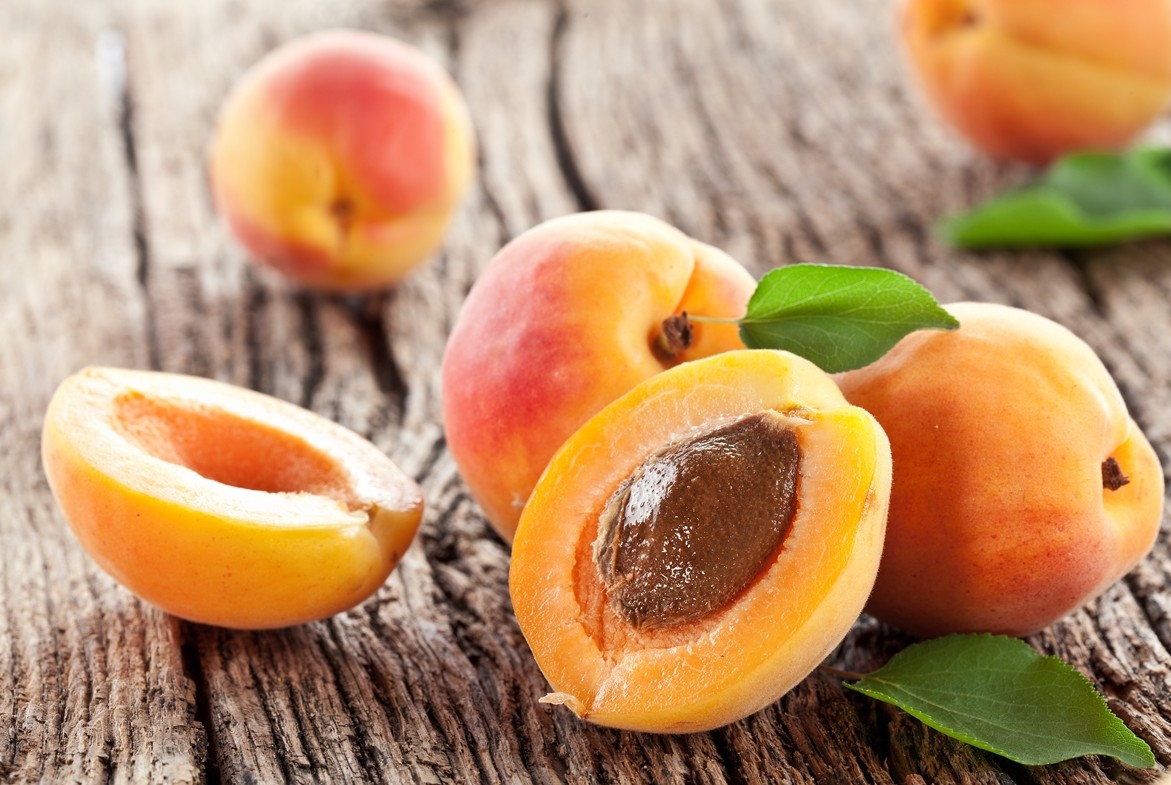
Sulphur
Sulphur is another critical yet relatively unknown nutrient we need to be aware of for healthy hair, as well as many more of our body’s biological function, including metabolism. Sulphur is a mineral component of amino acids and essential for building protein, as well as for detoxification. Together with zinc and vitamin A, sulphur is important for growing strong and healthy hair.
Some of the very best plant-based sources of sulphur include onion, garlic, cruciferous veggies like broccoli, cabbage, Brussels sprouts, cauliflower, kale, and protein-rich foods such as nuts and legumes.


